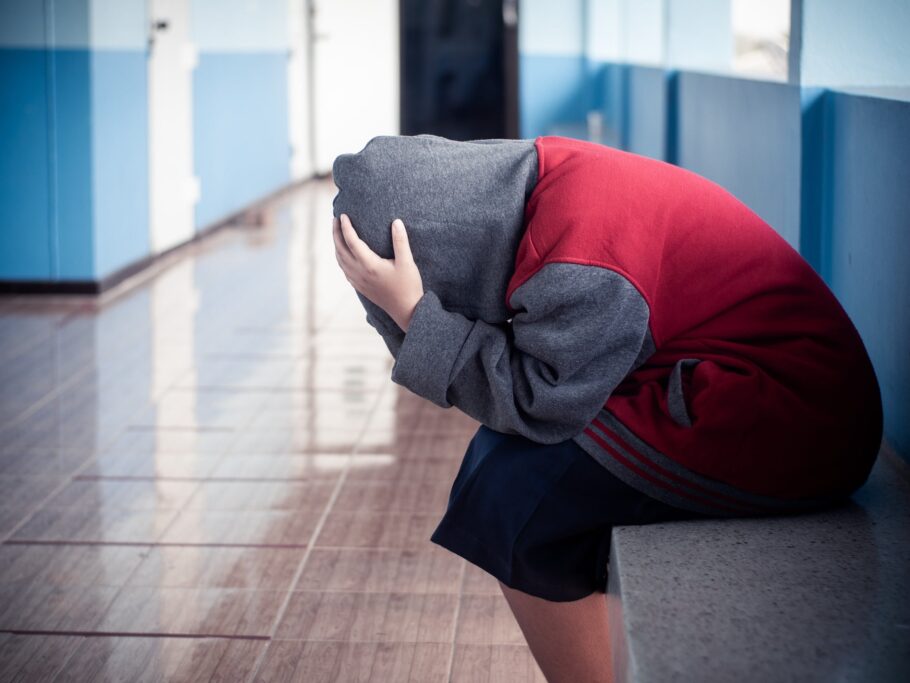Tell an adult
Encourage your child to tell a trusted adult at school about what is going on. This might be their favourite teacher, a coach, head teacher or counsellor. They may be able to help when you’re not around.
Don’t react
Remind your child to try to not react to the teasing and taunting.Bullies enjoy getting a rise and reaction out of their victims, like crying. If your child can stay calm and walk away from the bully, they are more likely to stop as they aren’t getting the reaction they were looking for.
Monitor devices
Cyber-bullying can be just as hurtful as physical bullying. Be sure to keep an eye on their social media accounts. You can even switch them to a private setting so only selected friends and family can follow them.
Celebrate their strengths
Commend your child’s strengths and qualities that have nothing to do with body weight. Saying things like, ‘Well done on your quiz today. You are so clever!’ or ‘Thank you for helping your sister today. That was very kind of you.’ will boost your child’s confidence and help maintain their self-esteem.
Encourage them
Taking part in activities they enjoy outside of school can help your child to create new relationships and friends away from the place they are bullied. Not only that, learning a new skill will make them feel accomplished. Maybe they’d like to try karate, gymnastics, or drama club!
Check in at home
Sadly, sometimes bullying can even happen at home, too. Siblings, cousins and even parents might use negative comments about a child’s body weight or appearance. If this is happening, be sure to address it with the family and set boundaries about treating each other with respect and kindness. It’s important to talk to your child about bullying and reassure them that they can trust you with their problems. Together, you can find a solution.
Promote a healthy body image in your child
Check out our Parent’s Guide to mental health & body image for tips on how to encourage your child to feel comfortable in their own skin.


